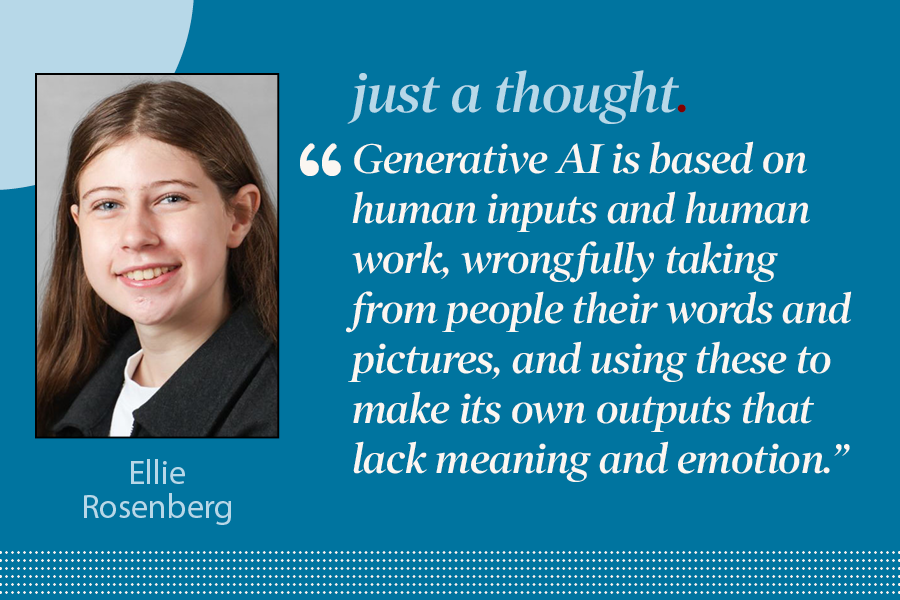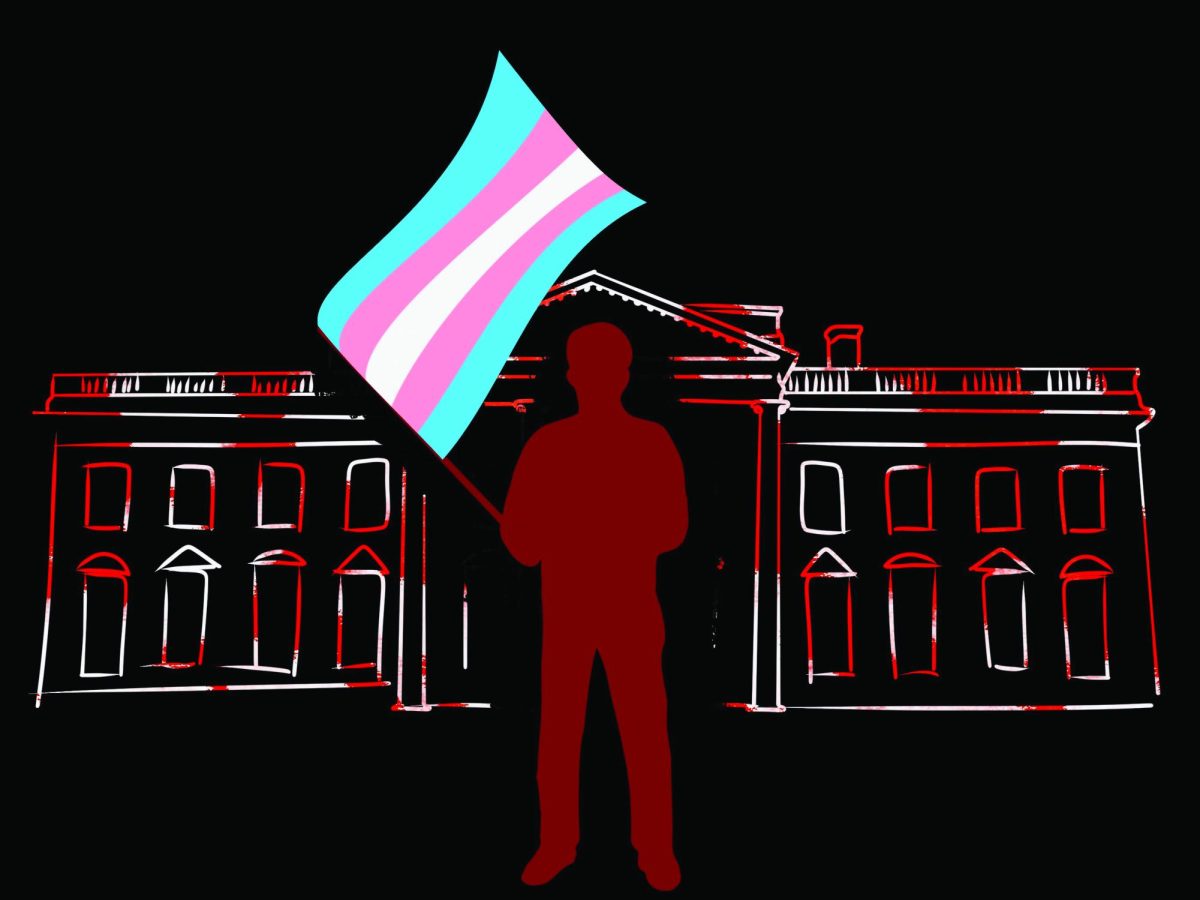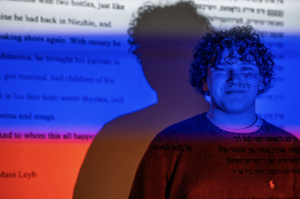Behavioral focus boosts economics elective enrollment
October 26, 2018
More students have been signing up for AT Economics in the past two years because they are attracted to the increased emphasis on behavioral economics in the course. The elective has grown from two small sections to three large sections over the past two years.
According to Christopher Janus, who teaches two sections of the class this year, students are drawn to the behavioral economics aspect of the class because it incorporates psychology.
“Students like to learn about the quirks of human beings. It is interesting for them to see how people make decisions, and to under- stand how they themselves make decisions,” Mr. Janus said. “Previously, the model for economics was that man makes rational choices based on maximizing profits, but it turns out that this is not the case.”
Mr. Janus explained that behavioral economics introduces a completely new way of approaching economics: instead of seeing man as a rational machine, behavioral economics incorporates the complicated emotions that accompany financial decisions.
Senior Alyssa Russell, an economics student, notes that learning about the behavioral side of economics makes the subject feel more relatable.
“I love learning behavioral economics,” Alyssa said. “I didn’t realize how ingrained econ was in our lives until I started taking this course, so I think it’s one that everyone should take at some point in their life.”
She added that students had already learned about how the economy works, including the influences of advertising and the price of non-monetary goods such as time.
“I am already much more conscious of the world around me,” Alyssa said.
Alyssa initially chose to take the economics elective because she wanted to understand how her father, an econometrician, makes decisions.
“My dad does econ and stats at booth, so growing up I’ve heard briefly about various economical ways of thinking. I’ve come to realize that my dad is the epitome of an economist as he always thinks economically, so it’s super interesting to learn how he came to think that way,” she said.
Following an overall trend, Mr. Janus and fellow economics teacher Charles Disantis began incorporating more behavioral economics into the school curriculum after Professor Richard Thaler of the University of Chicago Booth School of Business won the 2017 Nobel Prize for his work on behavioral economics. In the year since Prof. Thaler won the prize, economics textbooks, including the one Mr. Janus and Mr. Disantis use, began placing a greater emphasis on behavioral economics.






























































